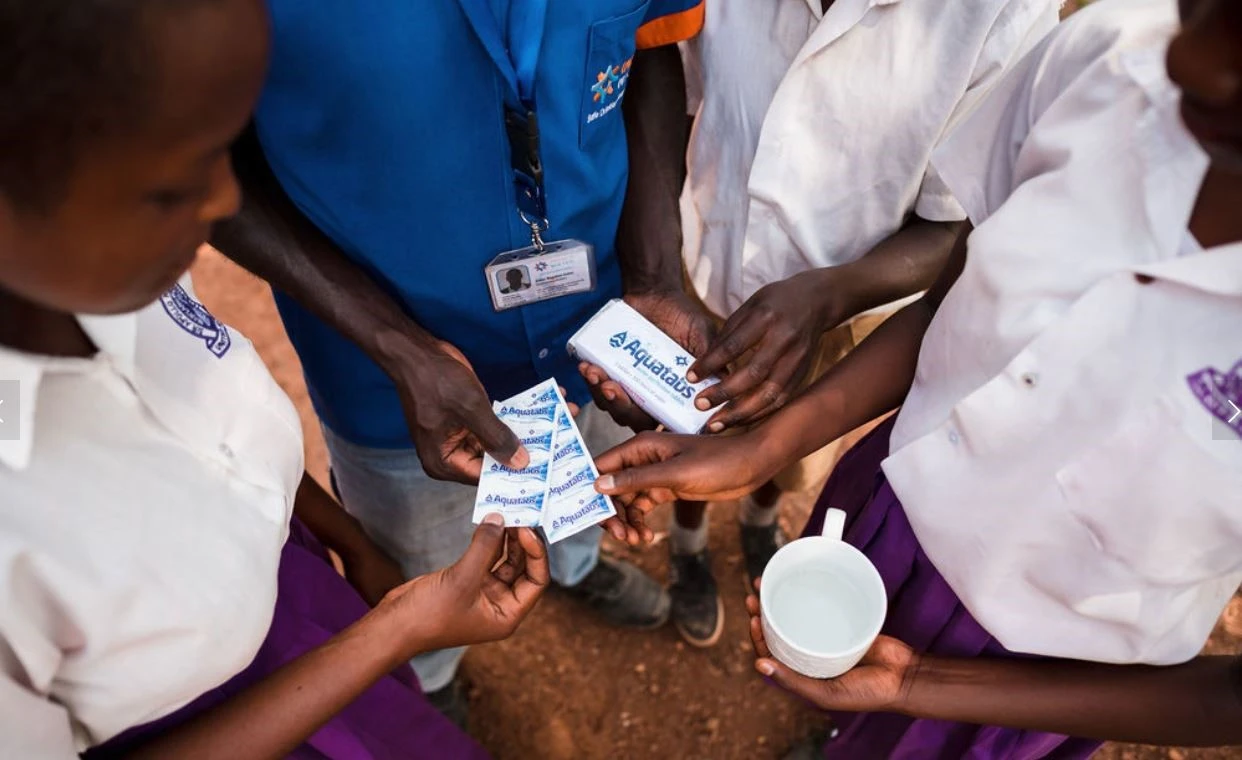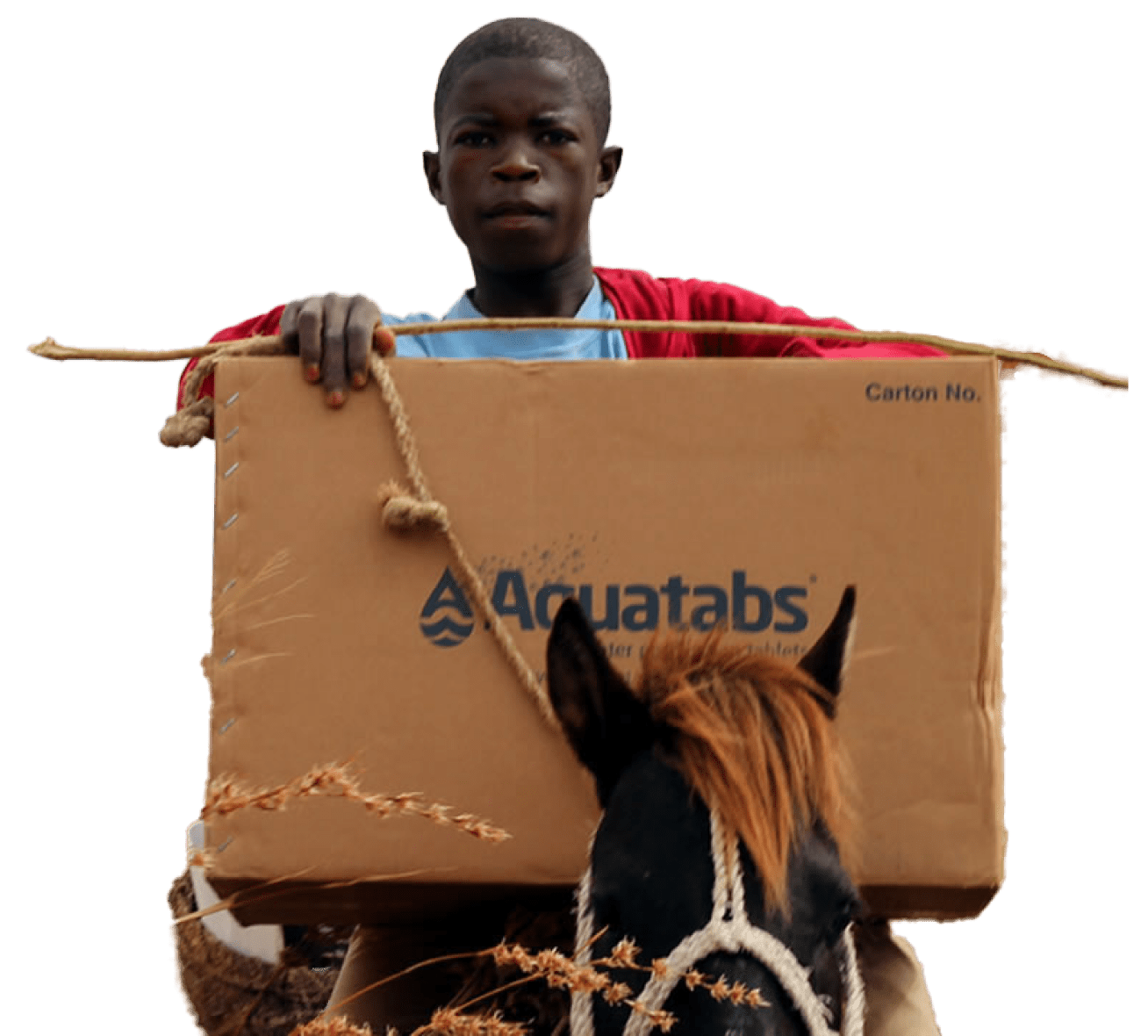Climate Finance for WASH: Funding Resilient Water Programs
Over 90% of natural disasters are water-related, and they are becoming more frequent and severe. The global WASH community must be at the forefront of building climate resilience. Therefore, financing resilient WASH programs using climate funding mechanisms offers a route to implementation capable of supporting integrated water resources management. Access to climate finance for WASH is essential to ensure communities have the resources to adapt and thrive.
The Growing Threat of Water-Related Disasters
The current COVID-19 pandemic death toll is already over 2 million people globally, a truly shocking number. Climate change impacts could lead to a significant annual death toll by mid-century. This is according to Mark Carney, the UN Envoy for Climate Change and Finance.
Given this alarming projection, No wonder Bill Gates describes this as humanity’s greatest challenge. To address this challenge effectively, increased climate finance for WASH is crucial to support vulnerable communities.
The Disproportionate Impact on Vulnerable Communities
While the threat of climate change is universal, its impact is uneven. Nobody on the planet will be immune to the impact of climate change. Predictably, the burden is likely to fall hardest on those with the lowest resources according to some facts shared by WaterAid
- For example, only one of the current top 20 recipients of climate-related development finance for water is a Least Developed Country (LDC).
- Furthermore, a temperature rise of up to 2°C will require poorer countries to spend $70 – 100bn every year until 2050 to support adaptation. Compounding this issue, the majority of current finance is in the form of repayable loans, often at market rates.
- Basic WASH programmes received less than 1% of global climate finance, despite the clear evidence of a link between the provision of basic WASH services and economic return.
Bridging the Gap: Climate Funding and WASH Adaptation
These statistics paint a clear picture: current climate finance is not adequately reaching the most vulnerable populations. Recognizing this disparity, it’s clear that action is needed. It seems there is a gap. A gap between climate change funding and WASH adaptation and resilience. Only four LDCs have climate adaptation plans in place under the National Adaptation Planning (NAP) process, despite a target for all to be ready by 2020. Clearly, this highlights the urgent need for increased climate finance for WASH initiatives.
Hopeful Initiatives: SWA and Aquatabs Leading the Way
Despite these challenges, there are reasons for optimism. Fortunately, some activities give us cause for hope.
Firstly, the Sanitation and Water for All (SWA) global partnership recently held a very informative and well-attended webinar to detail their response to the gap. WaterAid led a comprehensive campaign leading up to COP26. As part of this, SWA issued a rallying call to finance resilient WASH programmes with climate change funding. Their efforts emphasize the growing recognition of the importance of climate finance for WASH.
Secondly, on a more local level, we at Aquatabs have already seen the opportunity to improve WASH via environmental impact finance. Aquatabs’ low-carbon tablets and systems sustainably deliver safe drinking water to thousands of schools in Nigeria and Kenya. Our Aquatabs WASH Kit provides a complete, easily deployable solution for emergency situations and ongoing water treatment needs. This demonstrates how innovative solutions can be funded through climate finance for WASH projects.
We support the global WASH community’s efforts to secure climate change funding for adaptation and resilience.
In conclusion, contact us to discuss proposals and existing WASH programmes where Aquatabs low carbon footprint can open new funding opportunities. Let’s work together to secure climate finance for WASH and build a more water-resilient future.


